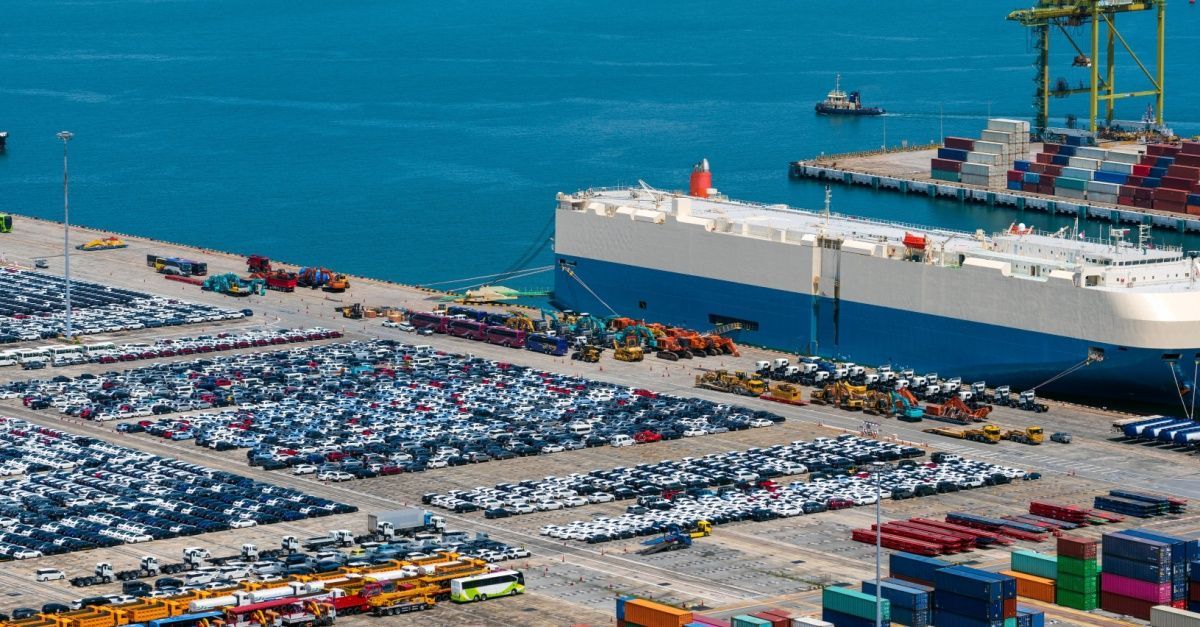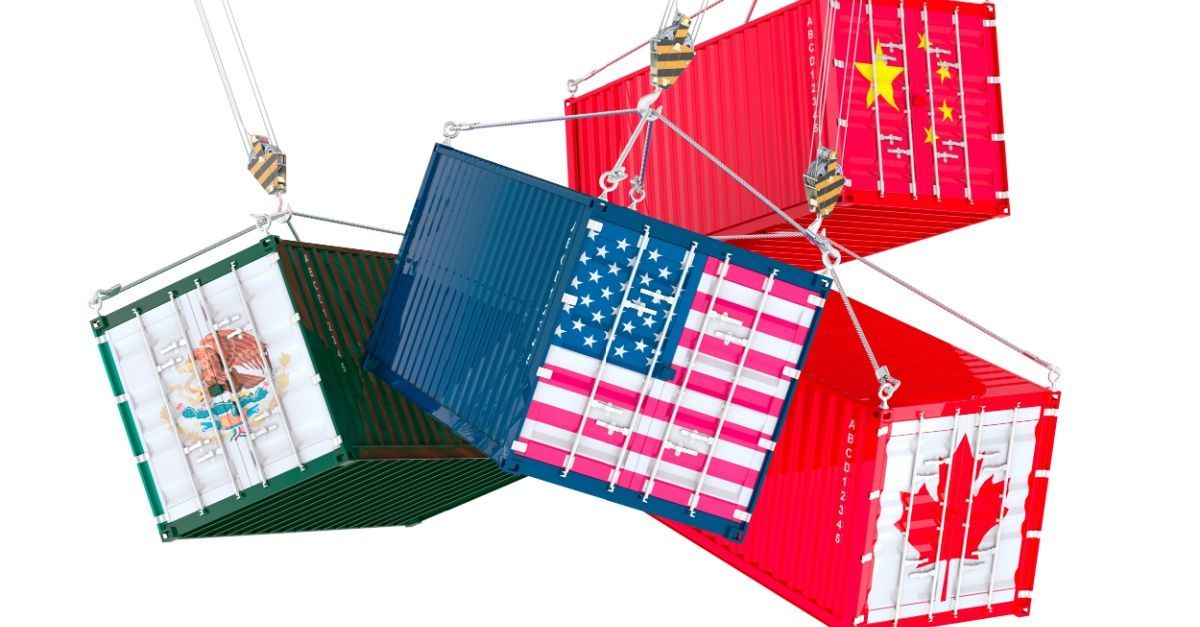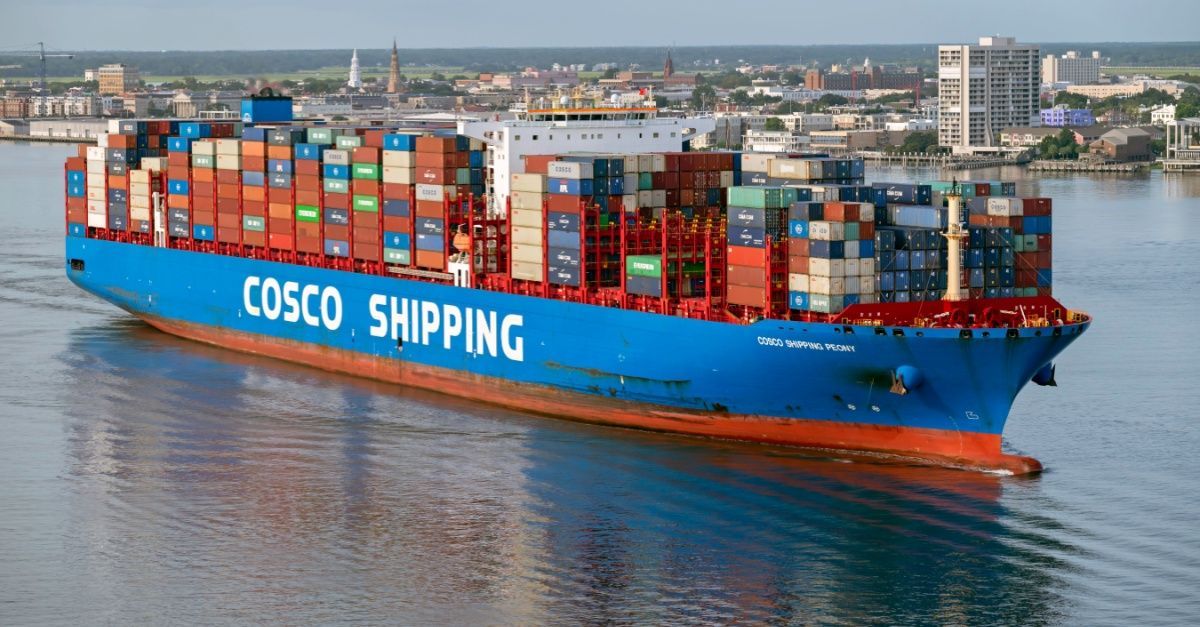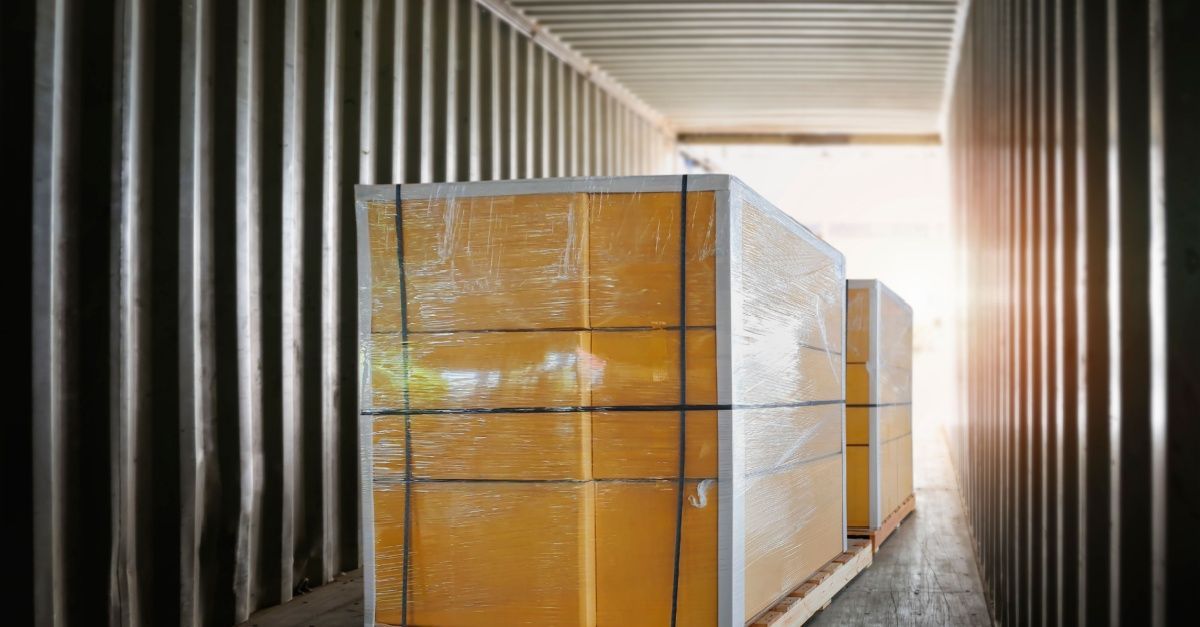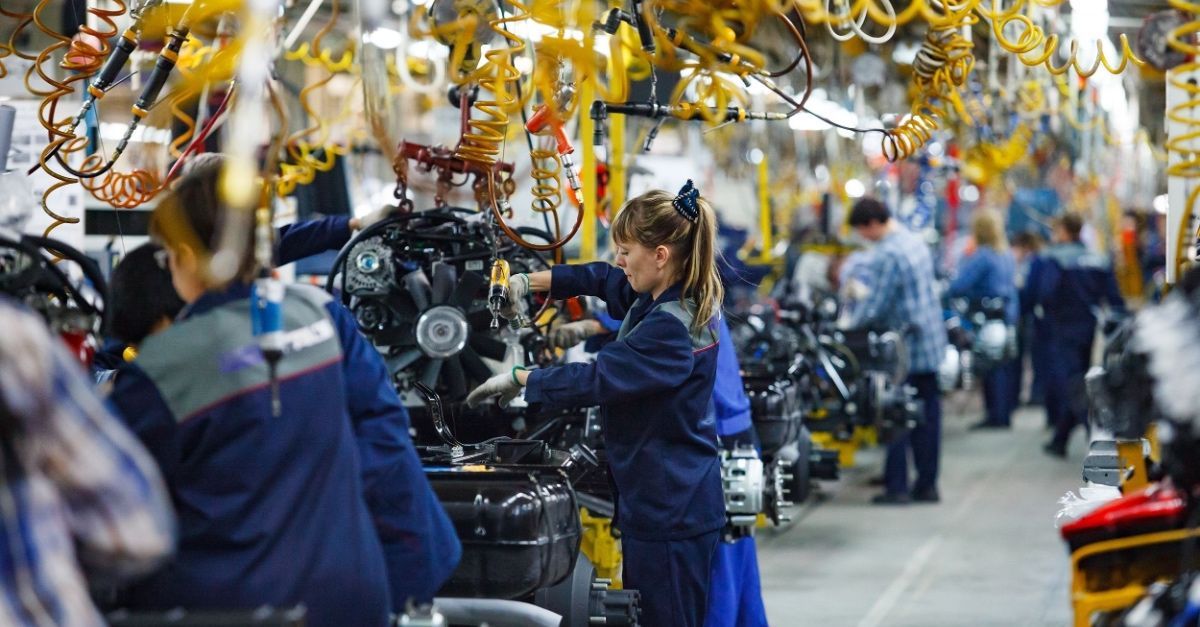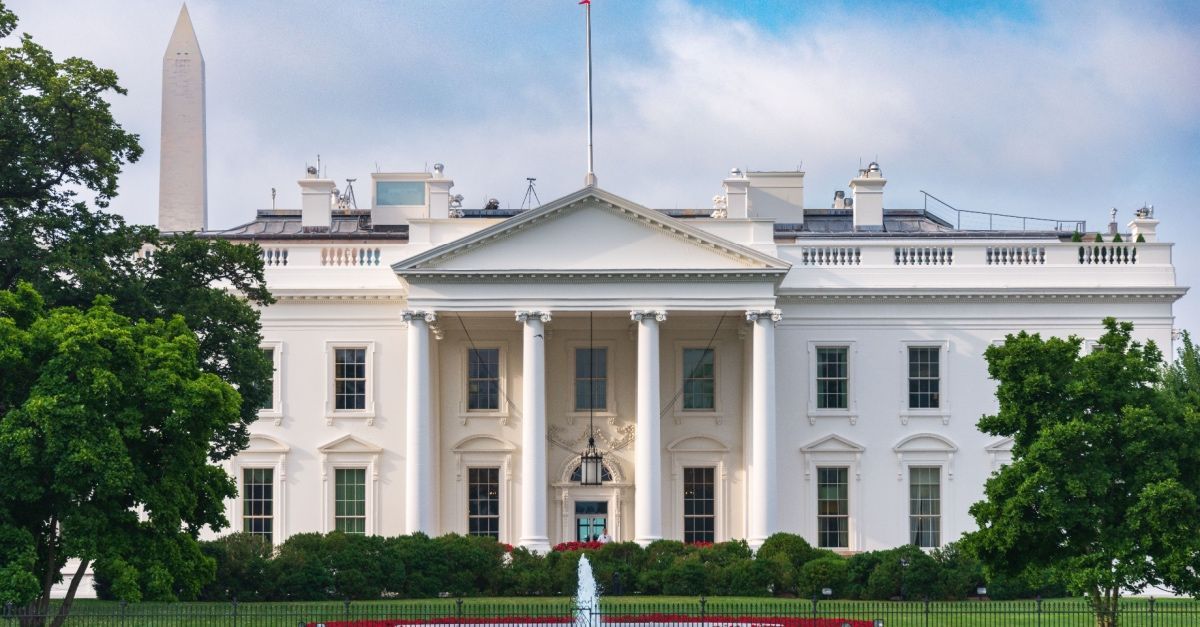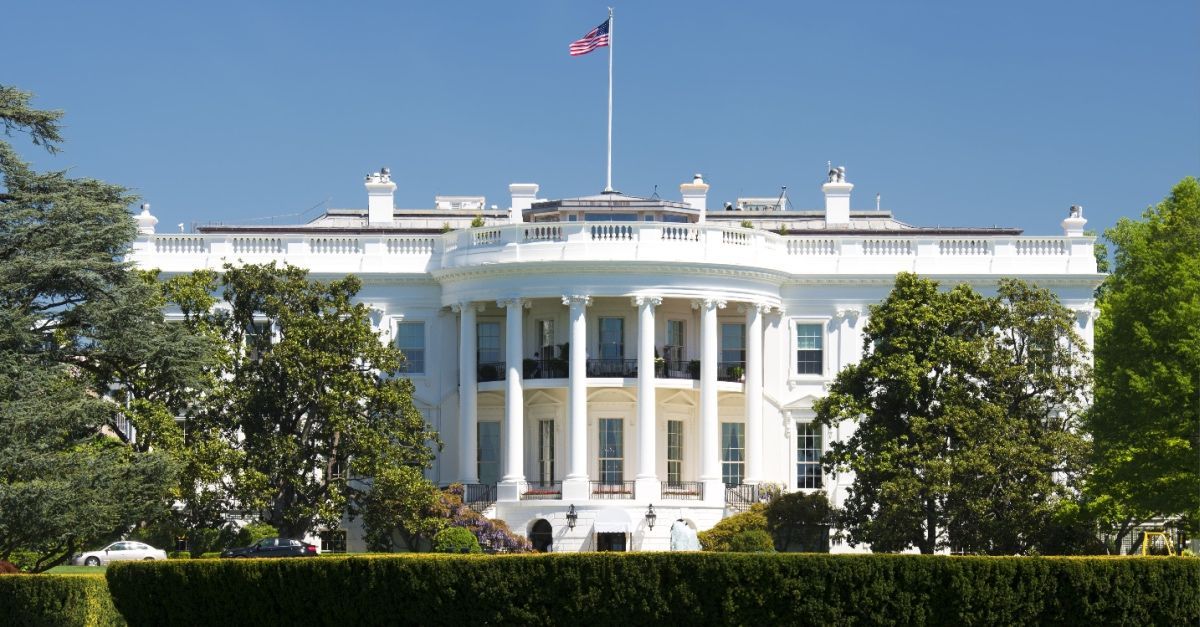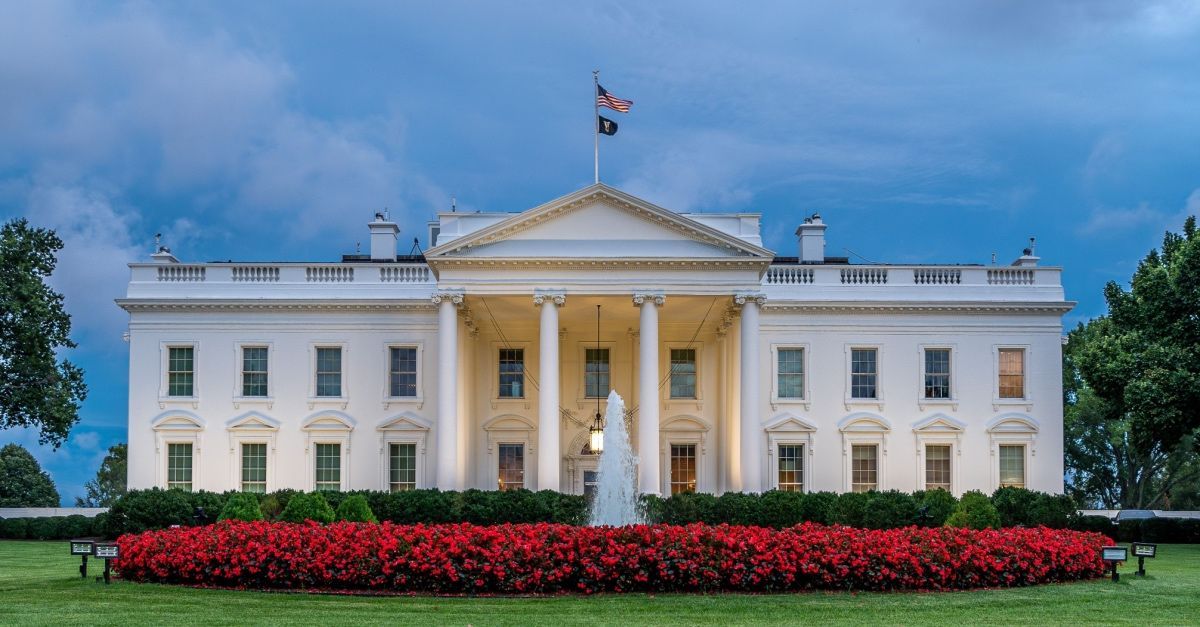Carriers Look to Leverage Changing Tides in Trucking Freight Market
Blog Post CTA
Following Donald Trump’s election as president, the freight market has been awash with higher-than-expected demand amid fears that he will spark a tariff war that will slow imports and expose supply chains to disruptions. However, for carriers, the spike in demand has not translated to higher rates because of excess capacity.
In other news, logistics services providers like Averitt Express are poised to take advantage of the nearshoring and reshoring wave. Averitt has expanded its logistics footprint in San Antonio with a warehousing facility in the Texas city to position itself to provide better cross-border logistics operations for businesses moving freight between the U.S. and Mexico.
Continue reading to find out more insights and news taking the freight world by storm this month.
Tariff Uncertainty and Import Surge Drive Demand Shifts
A surge in imports has the domestic freight market bustling with concern and excitement. The industry is experiencing stronger-than-anticipated demand, driven largely by shippers front-loading goods in anticipation of possible tariffs under President-elect Trump’s trade policies. However, for some carriers, the overcapacity that has plagued the industry for so long continues to play a major role in keeping freight rates low.
For these carriers, this means that despite the overall excitement of demand, excess capacity — remnants from earlier economic highs — continues to weigh down rates and dampen industry sentiment. The demand imbalance is compounded by a slowdown in consumer spending and inflation pressures, which began in 2020 and were further strained by the 2022 Russia-Ukraine conflict.
Trump’s proposed tariffs could expedite a shift to “reshoring” in U.S. manufacturing, which is already underway as companies look to reduce dependency on foreign suppliers. In the long term, this trend may boost domestic freight demand. However, should tariffs trigger inflation, further Fed rate hikes could constrain consumer spending and manufacturing output, posing risks to the trucking sector.
Averitt Expands San Antonio Facility to Meet Growing Demand
Averitt Express has expanded its San Antonio facility with a new 85,000-square-foot distribution and fulfillment warehouse along the I-35 corridor. The recent expansion comes in response to a growing demand for cross-border logistics. Situated between major hubs in Laredo and Austin, Texas, the facility includes an expanded cross-dock terminal and a new fueling station that will be ready by next year.
Ed Habe, Averitt’s vice president of Mexico sales, noted that nearshoring is increasing the need for logistics and warehousing services in Texas, especially in regions close to the Mexican border. The San Antonio location, originally established in 2001, is part of a broader Texas-based infrastructure strategy to support U.S.-Mexico trade.
Following recent growth and expansion, the company now operates more than 800,000 square feet of warehousing in Texas, with major locations across key cities, including Laredo, Dallas, and Houston. However, the expansion is not unique to just Averitt Express. It aligns with a growing industry trend that has also seen companies such as Kuehne+Nagel and Uber Freight improve their capacity in Texas to serve increased cross-border and nearshoring needs.
California Aims to Protect Zero-Emission Vehicle Mandate
Following Trump’s victory in the presidential election, there is a general sense in California that his triumph will impede the state’s zero-emission mandate. To mitigate that risk, Gov. Gavin Newsom announced plans for a special legislative session to protect the state’s environmental regulations, including its ambitious zero-emission vehicle (ZEV) mandate.
California’s zero-emission mandate requires all new vehicles sold by 2035 to be electric, hydrogen-powered, or plug-in hybrids. Newsom framed this move as part of California’s commitment to resist federal interference and safeguard environmental standards amid anticipated regulatory rollbacks. State Attorney General Rob Bonta confirmed that California has been preparing for potential legal challenges, with more than 120 lawsuits reviewed from Trump’s previous term as president.
California Republican lawmakers criticized the session as a political maneuver, while Newsom emphasized the state’s dedication to defending its environmental and economic autonomy.
Hydrogen Fuel Cell Trucks Face Adoption Hurdles
Although often lauded as a primary option for zero-emission long haul trucks, the development of hydrogen fuel cell electric vehicles (FCEVs) is progressing slowly, impacting demand and planned carrier shifts. The shift to hydrogen-powered trucks demands complex new designs and extensive infrastructure changes, which industry disruptors like Nikola and Hyzon are leading.
Nikola recently achieved record sales in the hydrogen truck market, with prominent companies such as J.B. Hunt and DHL adopting its trucks. However, infrastructure concerns and high hydrogen costs continue to deter wider adoption, with the hydrogen price still far from a viable range for cost-effective operations.
Established truck makers like Daimler and Volvo Trucks are cautious. Many manufacturers plan to kick-start production of hydrogen trucks later in the decade, while others remain focused on battery-electric technology as a more immediate alternative. As challenges persist, industry experts predict hydrogen FCEVs may serve niche applications rather than dominate the long-haul freight sector in the near future.
Canadian Government Orders End to Port Labor Lockout
The British Columbia Maritime Employers Association (BCMEA) locked out more than 700 International Longshore and Warehouse Union (ILWU) Local 514 members on Nov. 4, following a union-led walkout at major ports. Following this, major ports, including Vancouver and Prince Rupert, experienced significant disruptions in operations, including those in the container, automotive, and breakbulk sectors.
However, the
Canadian government has stepped in, imposing final and binding arbitration for labor disputes that have stopped work and ordered an end to the disputes. Labor Minister Steven MacKinnon highlighted the situation’s urgency, noting that negotiations had stalled and dockworkers were locked out in Vancouver, Prince Rupert, and Montreal. He stated that the shutdowns threatened Canadian jobs, economic stability, and Canada’s reputation as a reliable trading partner, with CA$1.3 billion in goods impacted daily.
Covenant Logistics to Gradually Raise Rates Amid Shifting Business Model
Following a shift in the business model, Covenant Logistics Group has implemented multiple rate increases and expects additional hikes next year. CEO David Parker has indicated that the company will aim for a 2-3% rate rise during the current bid season, followed by another 2-3% increase in the latter half of 2025. Despite potential customer pushback on rate hikes, Parker remains confident in Covenant’s customer relationships and the potential to negotiate incremental increases.
The company’s shift toward a model that prioritizes dedicated contracts over spot market exposure has provided more stability for its customers. However, there is a trade-off that limits the company’s flexibility to capture rising rates as market demand cycles upward. CFO Tripp Grant noted that this operational shift, initiated two years ago, has improved Covenant’s profitability and
resilience against market volatility, aligning it with industry peers like Schneider National and Werner Enterprises, increasing their share of dedicated business.
Trucking Spot Rate Trends Reflect Seasonal Shifts and Market Stability After Pandemic Boom
Spot rates have been relatively stable in recent months, with fluctuations due to seasonal demand and external factors like hurricanes and labor disputes. Despite this, rates remain well below pandemic-era highs, reflecting a new period of market stability. Flatbed rates have also remained relatively steady at $1.97, but there may be regional variations due to factors like construction activity and commodity shipments.
Data from DAT Freight & Analytics reveals that recent rate increases were modest, with dry van holding steady at $1.65 and reefer edging up for holiday demand to $2.02 as of early November. DAT analysts said that spot market cycles appear to be returning to pre-pandemic patterns, with subtle rate changes influenced by holiday surges, regional disruptions from hurricanes, and a stable volume of load posts across transportation types.
The industry is cautiously optimistic about the future, with some analysts predicting a potential uptick in rates as the economy recovers and demand for transportation services increases.
Navigating the Freight Market with Entourage Freight Solutions
Entourage Freight Solutions stands out with its extensive background and expertise in food service logistics. Our unique approach, honed in the food supply chain, ensures an unmatched service level and extreme attention to detail in meeting all our shippers’ needs.
Our platforms use the latest cloud-based, GPS-enabled technologies. They can track drivers regardless of location, continuously reroute shipments based on the dynamics at play, such as weather or traffic, and account for real-time changes in market rates.
Entourage Freight Solutions offers a broad range of unsurpassed services and end-to-end distribution programs. These include:
Full Truckload (FTL) for shipments requiring a dedicated whole truckload.- Less-than-truckload (LTL) for companies moving multiple shipments to different locations or consolidating goods from other companies to get a lower all-in rate.
- Refrigerated Trucking or “Reefer” Transportation to avoid spoilage and damage to temperature-sensitive goods.
- Cross-Docking at locations in Shelby, Ohio, Cedar Rapids, Iowa, and Romulus, Michigan, for strategic consolidation, storage, and end-to-end distribution programs.
Request a quote today to see how Entourage Freight Solutions can help with your freight movement and other supply chain needs.

